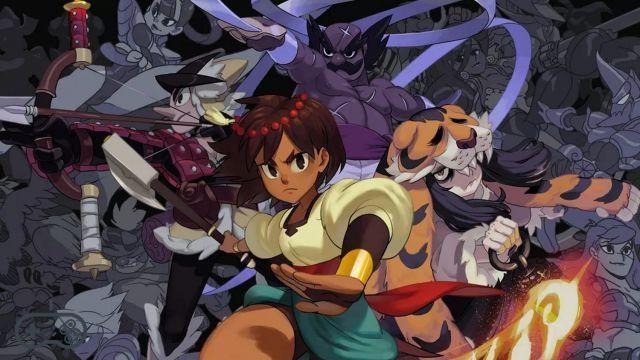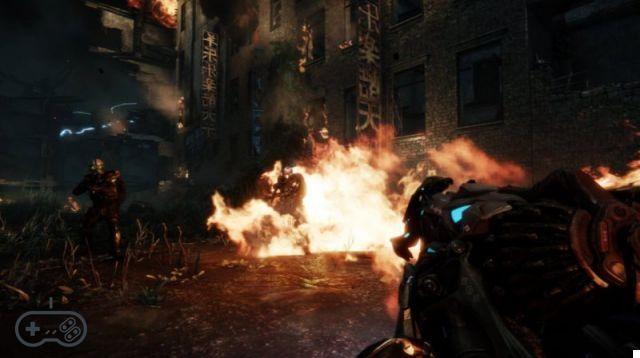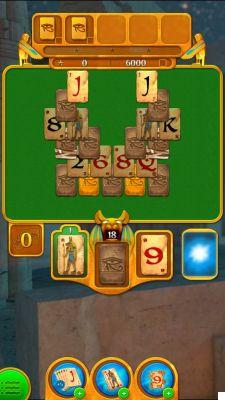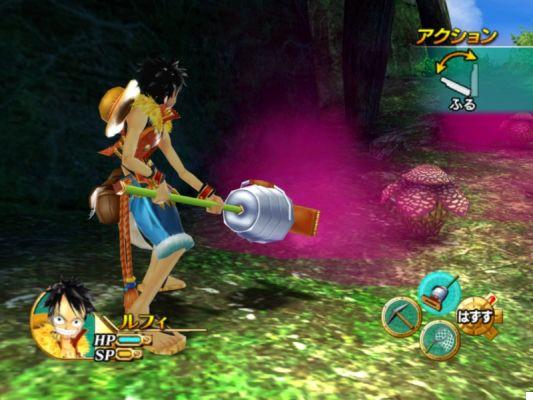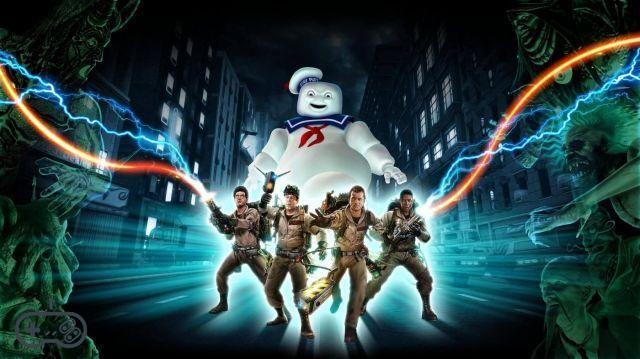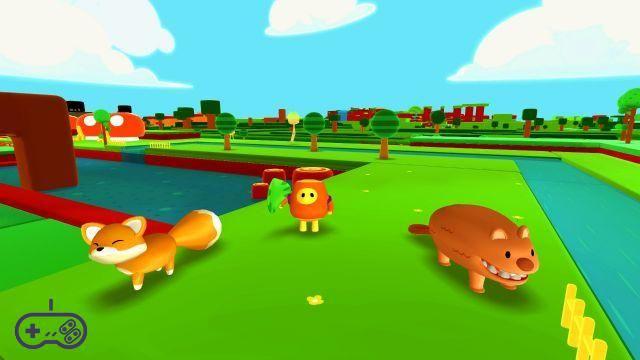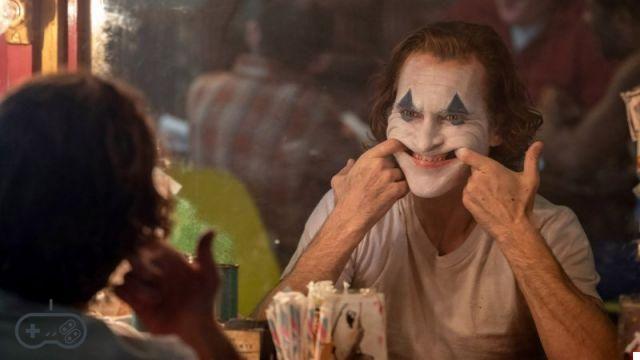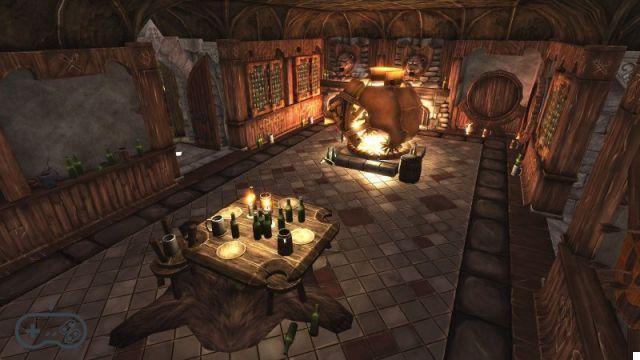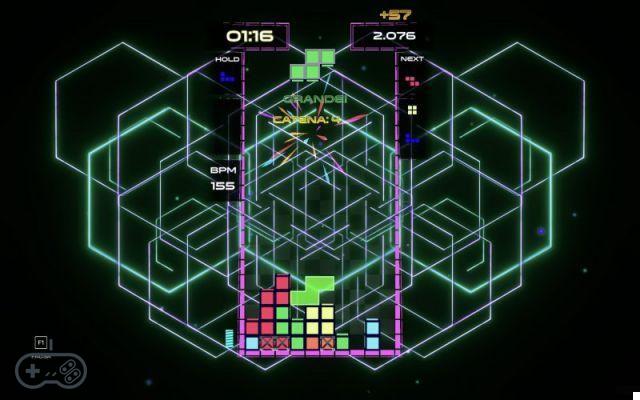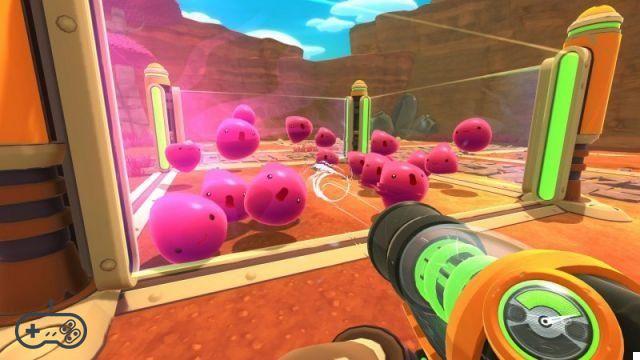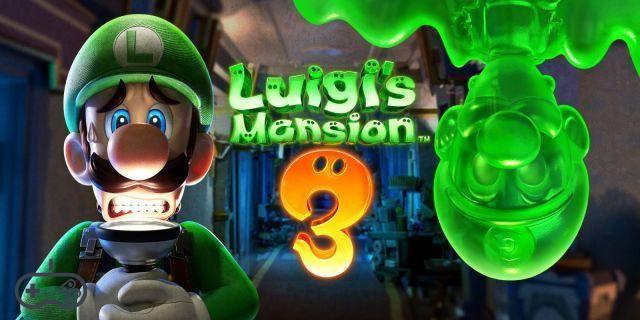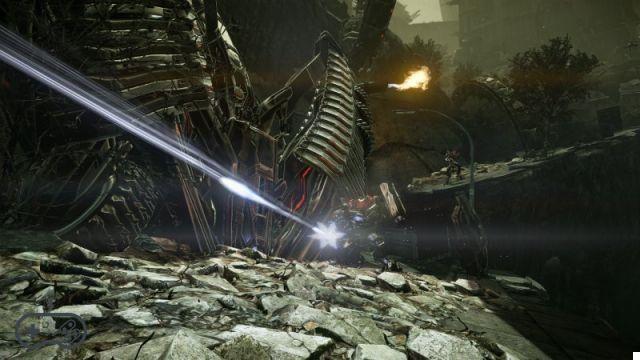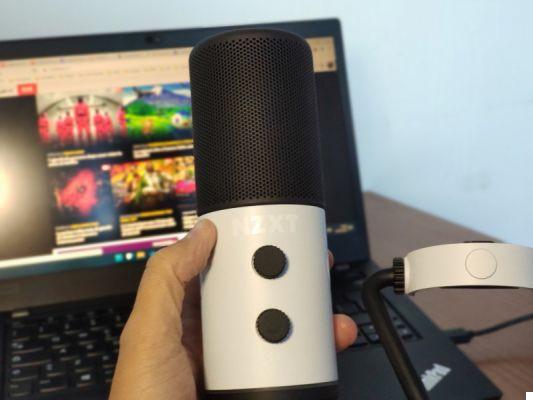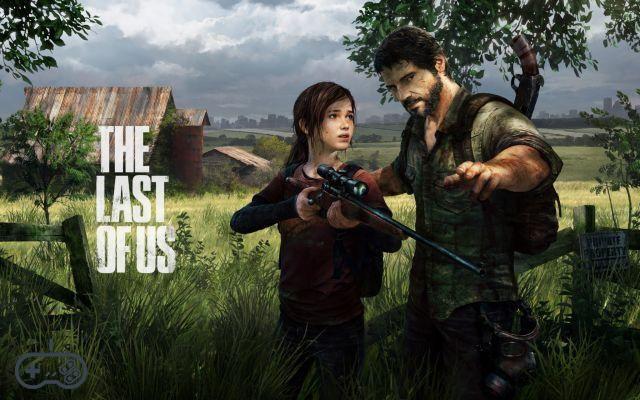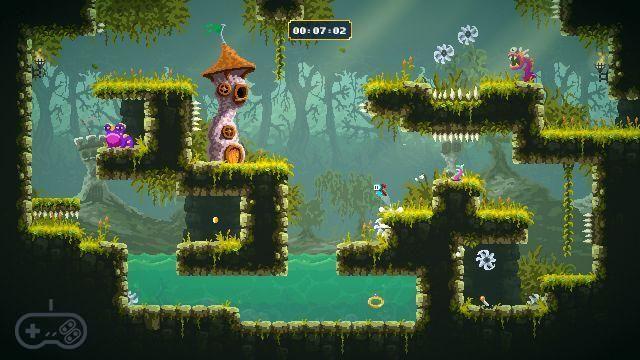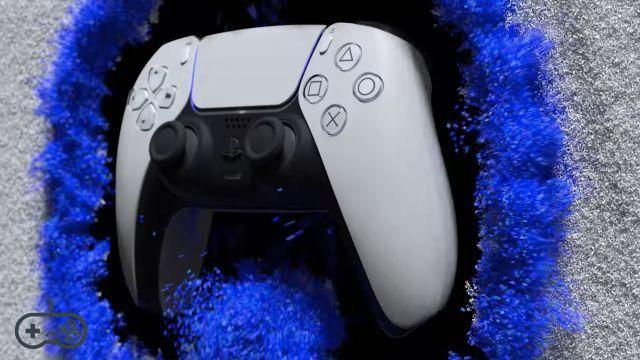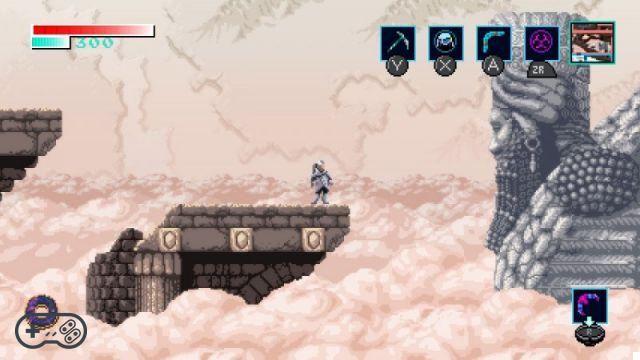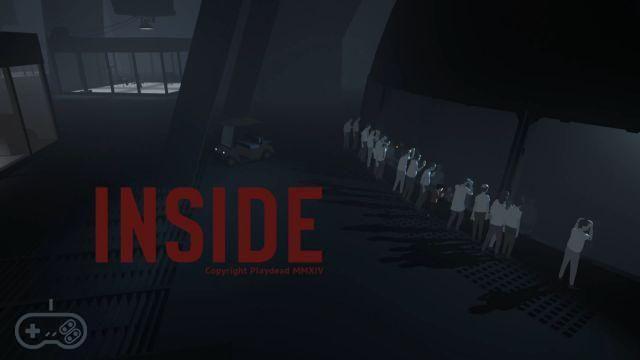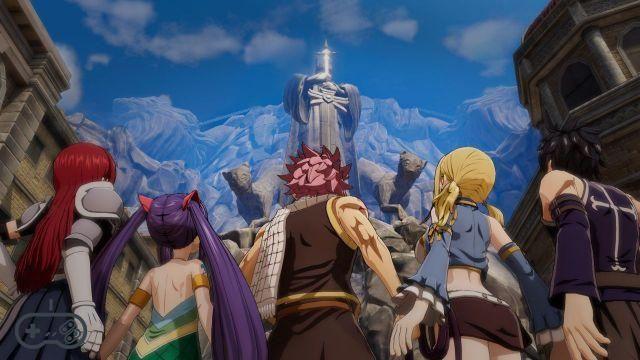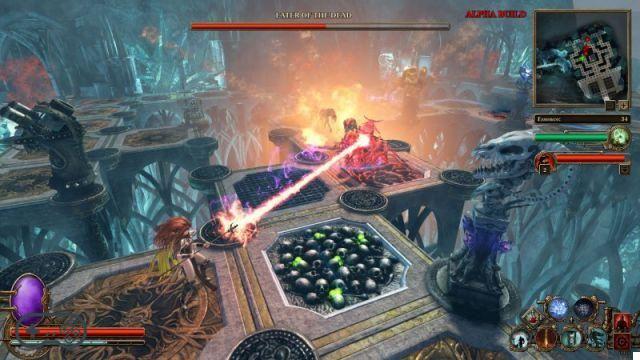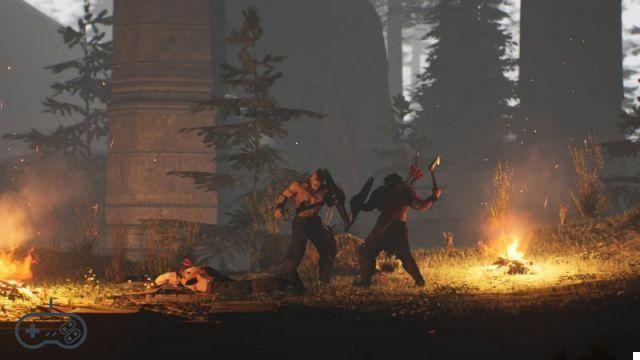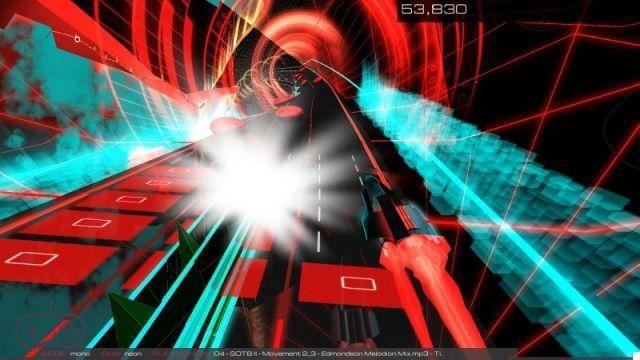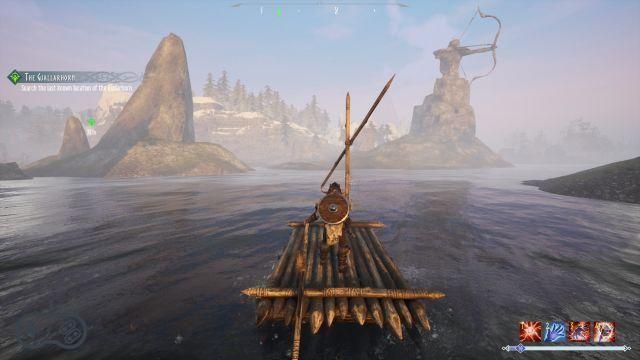
Not all donuts come out with a hole. And, sometimes, they come out of the oven bland, deformed, perhaps even with the wrong garnish and with an uninviting appearance. We end up wondering "Maybe I should have taken something salty?" and the answer is very obvious: yes. This preamble not only served to make you hungry but also - and above all - had the task of giving you a first smattering of the history of Runes II, title initially developed by Human Head Studio (which we told you about here), released in a sorry state and now taken over by a new software house, 369 study. We might as well remove the poisoned tooth immediately; the rescue attempt, however noble, does not seem to have been sufficient to give the right dignity to the production, now distributed by Ragnarok Game with the name of Rune II: Decapitation Edition.
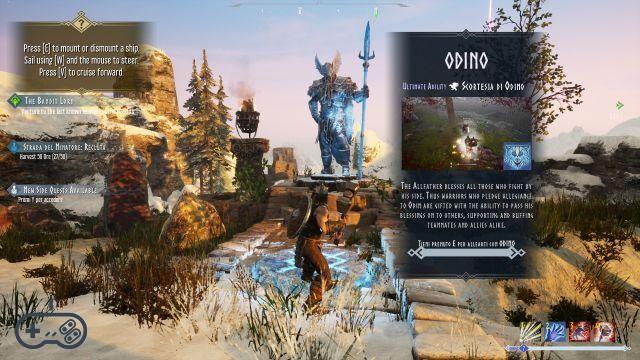 The fate of the gods
The fate of the gods
The end of time has come and Ragnarok is in full swing. The gods, engaged in their last battle, have abandoned humanity, too weak to help even itself. Sun and Moon were devoured by the wolves Skoll and Hati, an endless winter fell on Midgard and the halls of Valhalla prepare for the last battle in the name of Odin. But the god of deception, Loki, is escaping his fate by hiding and sending his slaves to sow further chaos and destruction. Heimdall, the white guardian of the rainbow bridge, the Bifrost, thus chooses a champion to help him counter Loki's agents. Brought back to life from the realm of the dead, our alter ego will be guided and infused with divine abilities by Heimdall himself, thus restoring the right order to things and delivering Loki to his fate.
But the white guardian will not be the only one to offer our blade to: many humans, recognizing us as divine champions, will ask us for help in countering the most disparate forces of chaos, from brigands to undead draugr and ice giants. As we accomplish feats for the gods and surviving humans, we will level up by improving our stats and unlocking skills and new gear, ready to be built in the forges. Despite a good narrative base, intriguing as only a mythological apocalypse can be, the missions we are going to undertake tend to all look alike, with almost no characterization. Therefore, there are also fetch quests, where sometimes it will be enough to collect an object about 3 meters from the customer and deliver it to him, or the senseless request by an anonymous resident to repeatedly collect minerals during our adventures.
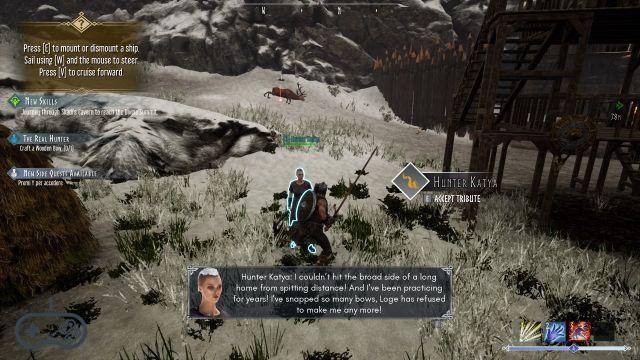 Many good ideas but ...
Many good ideas but ...
The ideas behind Rune II: Decapitation Edition they are decidedly good and, at times, reminiscent of those of other well-established survival titles on the gaming scene such as Conan Exiles, while remaining firmly rooted in the action-RPG genre. In fact, we will be able to turn around a large map, carry out numerous missions, level up and acquire powers and equipment (through crafting or by finding it around) as in the most classic of RPG traditions. On the other hand, it will also be important to collect resources in order to take advantage of our crafting skills and to rebuild the different villages scattered around the map, which will represent small oases in which to stop, put down too many objects and repair weapons and armor.
The premise therefore sounds great, with a world full of opportunities for the newly awakened warriors of Ragnarok. The reality of the facts, however, is decidedly different and, unfortunately, not very pleasant. Rune II: Decapitation Edition mixes many good ideas without being able to properly implement even one, except for the setting. Starting from the graphic settings, impossible to modify (forcing us to try only in "borderless window" mode and without being able to manage the resolution), passing through poorly integrated mechanics, bugs and a rough localization, obviously done with automated methods and on which, for the goodness of both the English language and the Spanish language, as well as all the professionals who work in translation, we will deliberately overlook.
The idea of taking more elements, such as crafting, levels, and rebuilding camps, seems appealing at first but you soon realize how crude and uncared for the whole thing really is. The ability to build your own equipment is rendered useless by multiple factors, starting from the considerable amount of objects available by exploring and plundering enemies and chests. Furthermore, most of the unlocked recipes almost always refer to equipment of a higher level than ours and rather random, therefore without creating a growth curve for our character and forcing us to go up many levels before being able to use certain items. The “Level Up” component, on the other hand, is the only one to appear more refined and structured, allowing you to take permanent upgrades (to Strength, Dexterity, Wisdom or Constitution) and to acquire skills (belonging to four different branches) and whose points can be redistributed at will. Three of these branches refer to the deities (Odin, Thor and Hel) to which we can devote ourselves so as to obtain unique abilities and extra upgrades when we level up. If you are going to use a hammer in battle, you already know which deity to turn to.
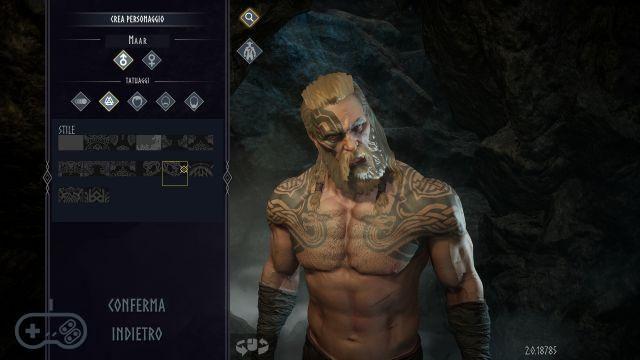 A battle that is always the same
A battle that is always the same
The crucial aspect of Rune II: Decapitation Edition, along with exploration and missions, is undoubtedly the combat. While having very simple commands (light / heavy attack, parry, dodge) it constantly happens that one's alter ego does not receive certain inputs. Often, in fact, the order of attack does not translate into a movement, leaving us at the mercy of the enemies who, on the other hand, do not waste too much time in getting angry and charging us, interrupting their skirmishes to unite en masse against we. Apparently the bears, the undead, the brigands and Loki's minions have a common enemy. The feeling of the battles, potentially positive, is therefore plagued by a decidedly unhappy realization that, while lending itself well to cooperative challenges, hardly gives satisfaction.
Similarly, the somewhat anonymous missions and the uninviting exploration (also thanks to the absence of a well-structured crafting) dampen the little enthusiasm left. If you are thinking about the reconstruction of the outposts and their defense as a last resort, do not expect anything special: The structures have foundations to repair and give very few advantages, while the "assaults" are historical events in which waves of enemies will blindly slash into a central structure of the village to destroy it, while you and your friends will slaughter them. After a couple of hours, the experience inevitably becomes increasingly devoid of stimuli and, consequently, dull and boring.




